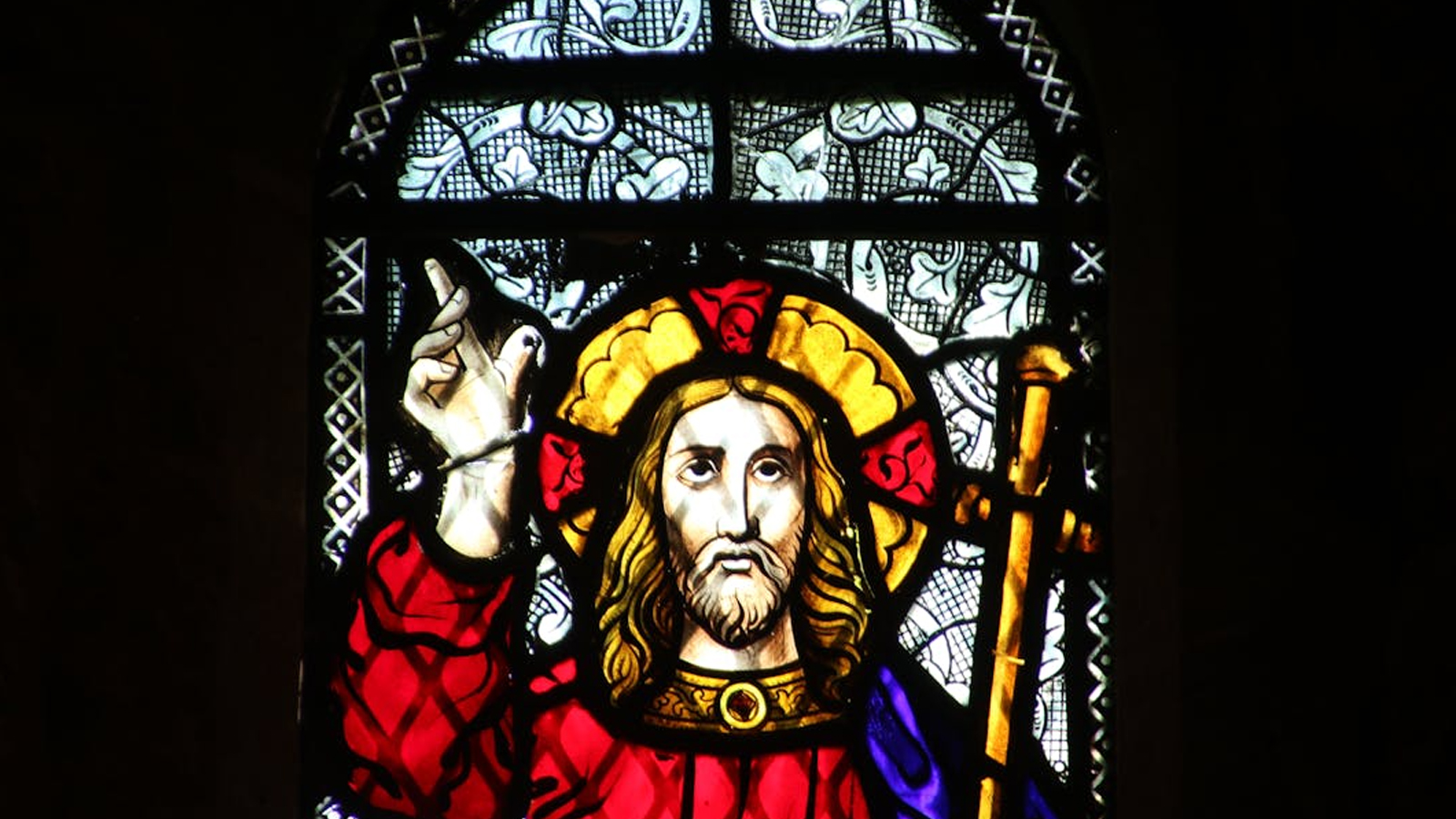Human beings, no matter where we come from or what status we hold, are remarkably alike in what we pursue. Ask anyone what matters most, what brings meaning, what’s truly worth chasing, and you’ll hear familiar refrains. Beyond the bonds of family, people gravitate toward three perennial pursuits: money, sex, and power. These are the magnets that draw our desires, whether we admit it or not.
Sometimes, our cravings for these things are camouflaged beneath more respectable ambitions. When someone says they long for comfort, for the latest gadgets, or for a life of leisure, what they’re really revealing is a hunger for money and what it can provide. When priorities revolve around appearance, romance, or relationships, the underlying drive is often related to sex. And when researchers uncover our need for security, status, or recognition, they’re simply measuring our thirst for power, authority, and respect. We chase these things with remarkable consistency, assigning them top-shelf value. But why?
Because to be human is to be a worshiper. This isn’t just the domain of the religious. Worship is the heart’s inevitable destination, the place where our deepest joys and longings converge. As A. W. Tozer once noted, “Without worship, we go about miserable.” The word itself, “worship,” comes from old English roots meaning “worth-ship”—the act of ascribing ultimate value. Everyone, whether they realize it or not, is engaged in worship. We all adore something, elevating it above the rest, sometimes so much that we overlook its flaws. This is as true in the motives behind murder as it is in the ambitions of everyday life.
Now, the pursuit of money, sex, and power isn’t inherently evil. These desires can be noble, even necessary. But when we give them too much weight, when we fail to see the dangers they can unleash, they become destructive. I’ve spent years investigating people who let these desires drive them to ruin. The problem isn’t the desire itself, but the disproportionate value we assign to it.
David Foster Wallace captured this reality with piercing clarity: “There is no such thing as not worshiping. Everybody worships. The only choice we get is what to worship.” We build our lives around what we adore, crafting meaning and purpose from our chosen objects of worship. This is why it’s so perilous to invest our devotion in the wrong things. When our worship is rightly placed, it brings direction, resilience, and joy. People with a clear, worthy purpose are happier, healthier, and more likely to thrive—even in adversity. They live longer, cope better, and are less prone to destructive choices.
But when money, sex, or power become the center of our worship, the results are predictably hollow. Wallace warned, “If you worship money and things… you will never have enough… Worship your body and beauty and sexual allure and you will always feel ugly… Worship power, you will end up feeling weak and afraid, and you will need ever more power over others to numb you to your own fear.” The things of this world, when elevated to ultimate status, always disappoint.
This urge to worship is woven into our nature, but we only flourish when our worship is rightly directed. We become what we esteem. Worship possessions, and you become a materialist, forever chasing the next acquisition. Worship sex, and you risk addiction, always seeking the next thrill. Worship power, and you may become a tyrant, never satisfied with the control you wield. Our identities are shaped by what we adore, for better or worse.
This is the tragedy of misplaced worship—what the Bible calls idolatry. John Calvin observed, “Every one of us is, even from his mother’s womb, a master craftsman of idols.” Theodore Parker put it another way: “If not religious, he will be superstitious. If he worship not the true God, he will have his idols.” Even those who claim to know God aren’t immune. Surveys show that many Christians are drawn away by the idols of comfort, control, money, and approval. Fewer than half, depending on denomination, list spiritual pursuits as their top source of meaning; instead, family, career, and finances often take precedence. Surveys show that many Christians are drawn away by the idols of comfort, control, money, and approval. Share on X
We misplace the reverence due to the unseen, eternal Creator and lavish it on the fleeting pleasures of this world. One has the power to restore and delight; the others only distract and ultimately destroy. Some discover this only after chasing lesser things to their bitter end. As Charles Spurgeon once said, “Nothing teaches us about the preciousness of the Creator as much as when we learn the emptiness of everything else.”
In the end, our longing to worship something of ultimate worth is a signpost, pointing us beyond ourselves and the temporary trinkets of this world. It’s an invitation to seek, and to find, the only object of worship that truly satisfies.
To learn much more about the importance of worship and how this inevitable impulse contributes to human flourishing and establishes the reliability of the Biblical record, please read The Truth in True Crime: What Investigating Death Teaches Us About the Meaning of Life.




























Teknik Elektro
August 16, 2025 at 10:55 am
What underlying drive is often connected to people’s focus on appearance or relationships?